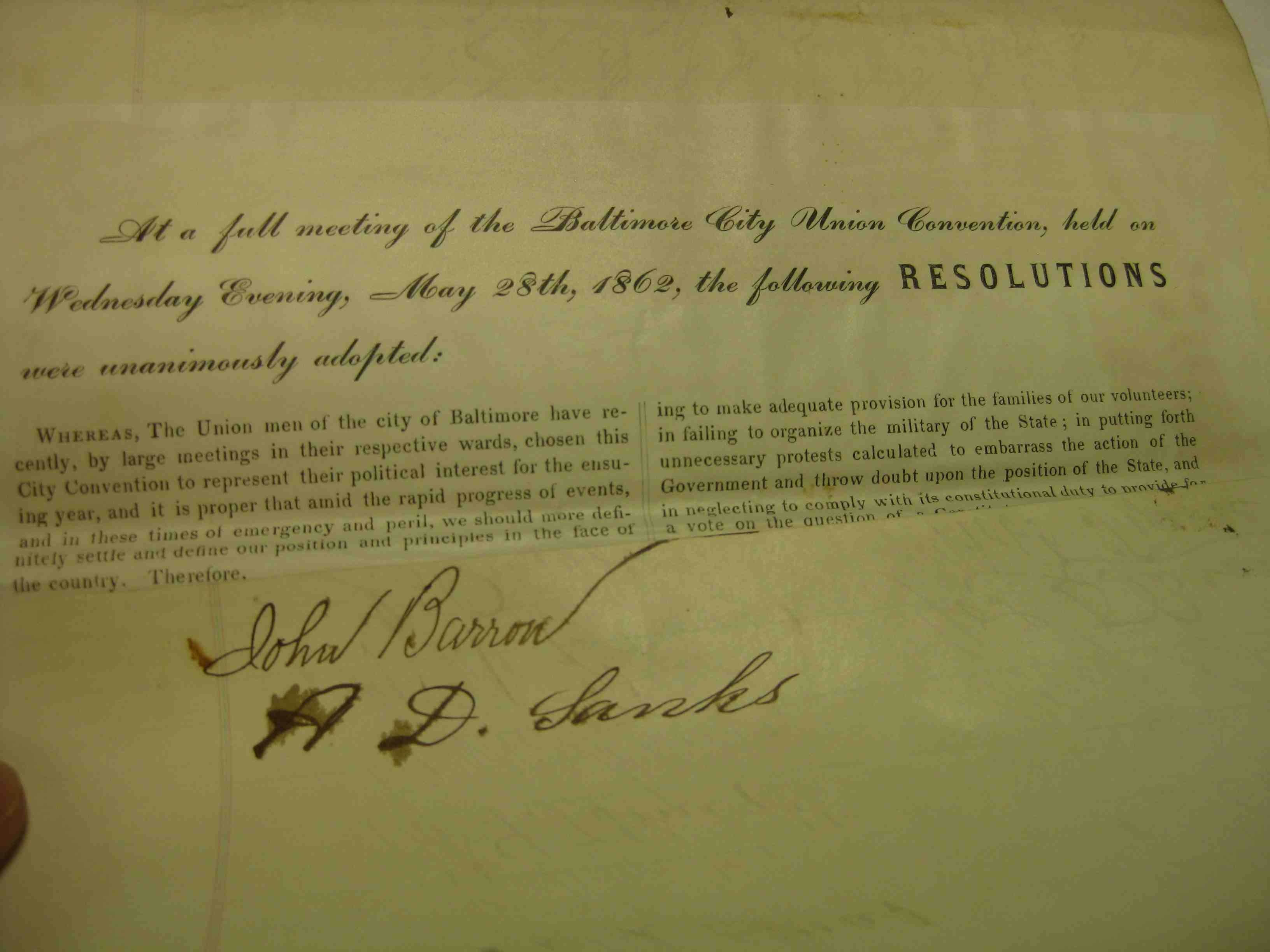Barron v. Baltimore
Barron v. Baltimore was the precedent for the question of whether the Bill of Rights are applicable also in the relationship between citizen and state.
John Barron was the owner of a shipyard in Baltimore. He made a claim for damages against the city government with the claim asserted in urban road construction work of the running of various rivers had been changed so that would have formed in the vicinity of the shipyard sandbanks, so that the water for most of the ships had become shallow. The trial court said Barron a claim for damages in the amount of $ 4,500 to. This decision was reversed again by the Court of Appeal.
The Supreme Court ruled that the Bill of Rights, in particular the provision of the 5th Amendment, which in government expropriation, fair compensation is to be paid, does not apply at the state level. In the judgment written by John Marshall says: " The Bill of Rights contains no indication that it should also apply to the governments of the individual states. The court therefore can not be applied in this way. "- Barron v. Baltimore, 32 U.S. 243, 250
The case was of particular importance because it established that the securitized in the Bill of Rights rights for the state power at the level of individual states were not binding. Later decisions confirmed this decision. Only at the beginning of the 20th century, most provisions of the Bill of Rights, the Supreme Court declared in the context of the rule of law and in relation to the states to be applicable.









